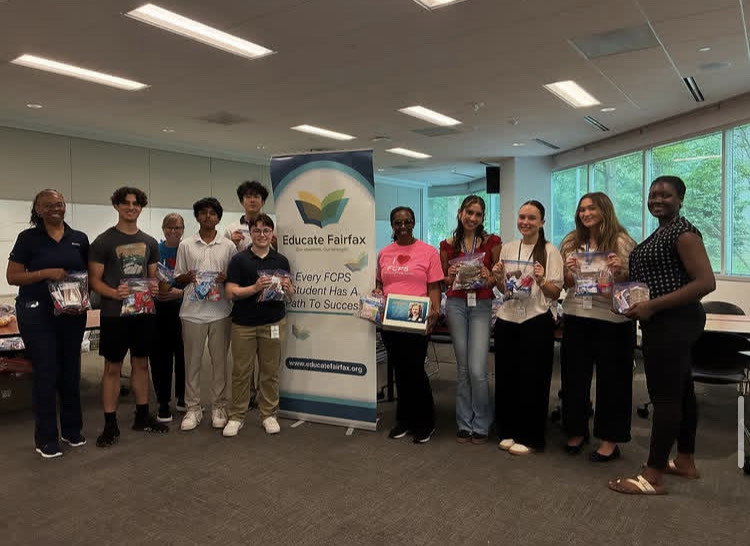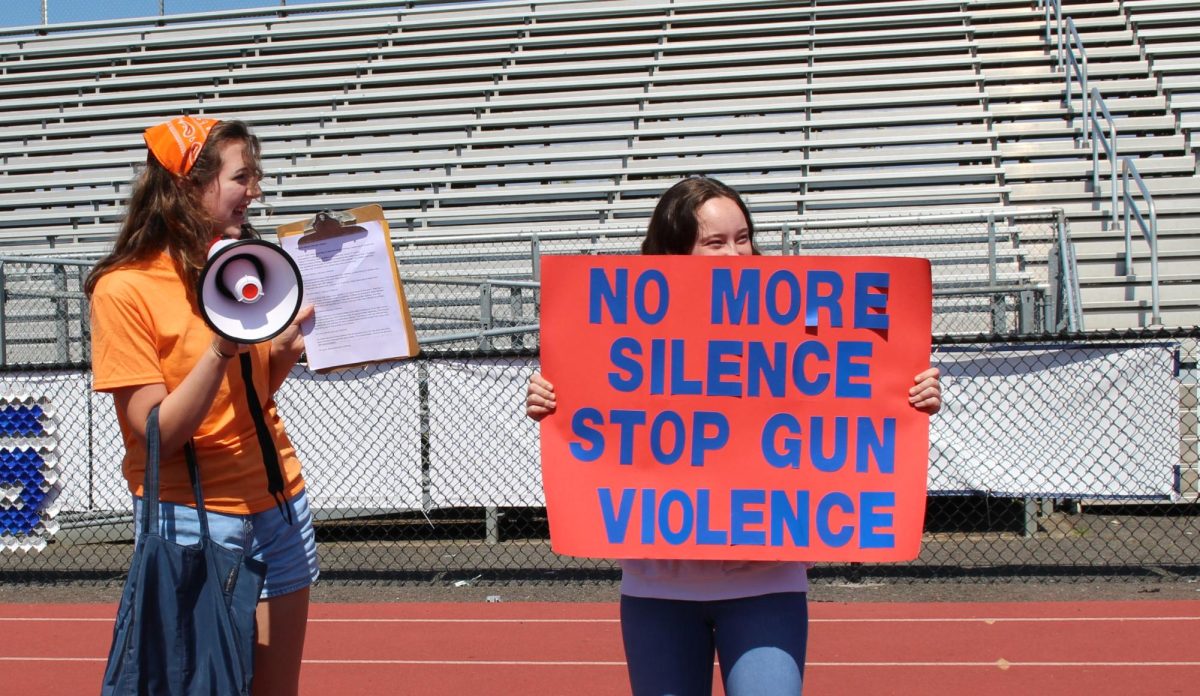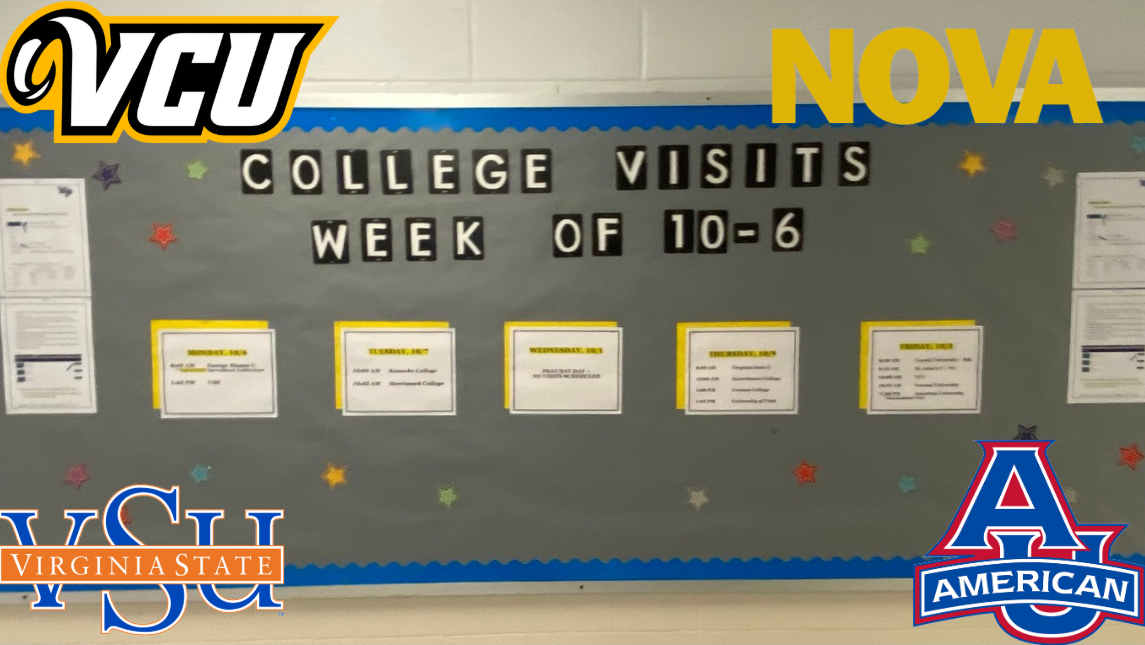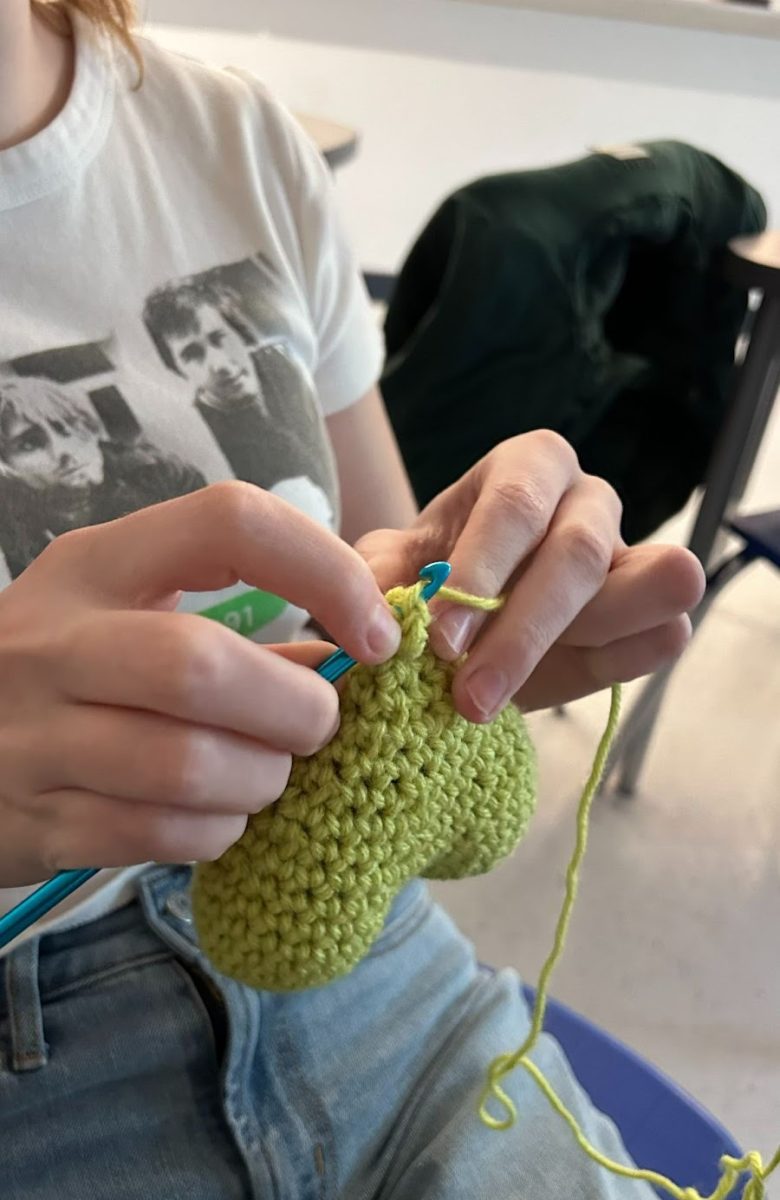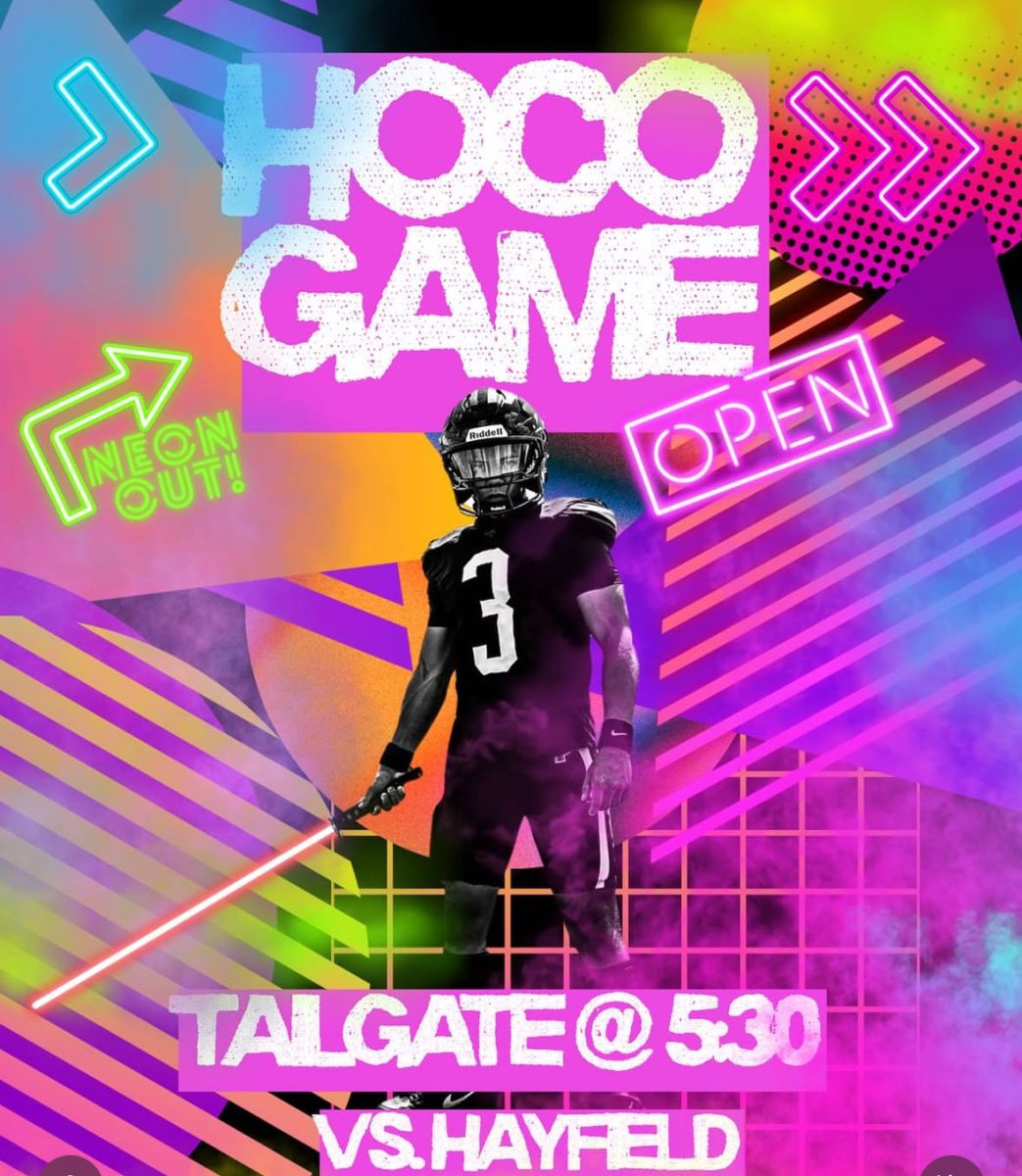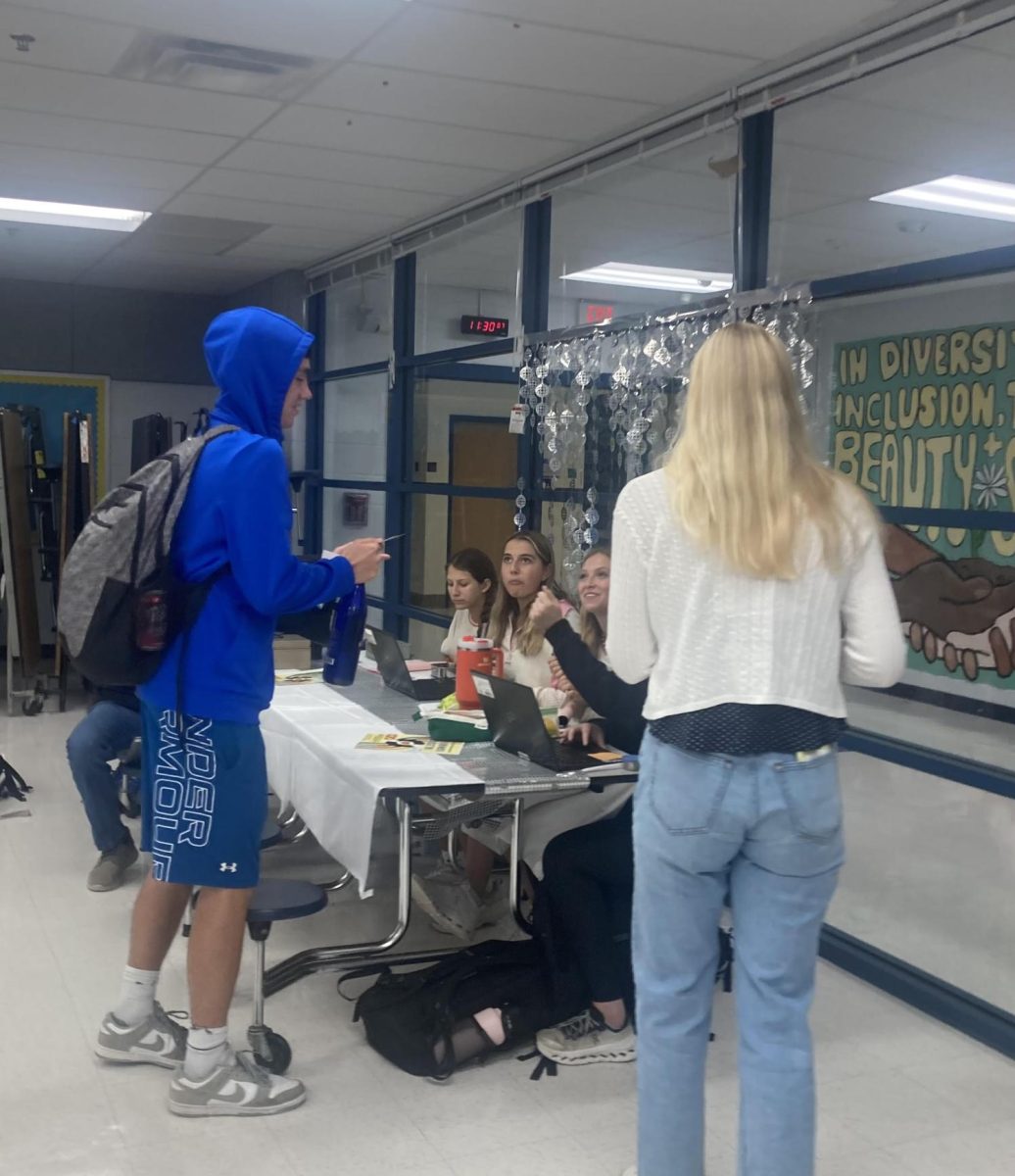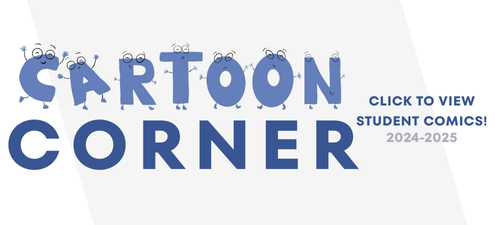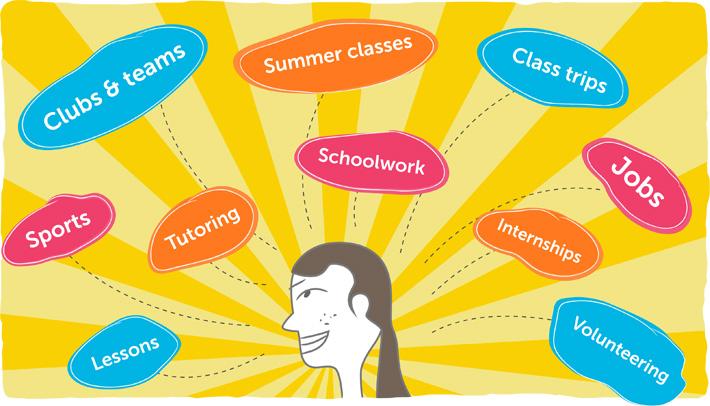Extracurriculars: What Colleges Really Want to See
Having a full résumé of clubs and activities may look good on paper, but is it really what colleges are looking for in applicants?
Dec 10, 2013
Like many West Potomac seniors, Charlotte Hayes worries about getting into college. Not just any college, but the college. Upon visiting Virginia Tech last March she fell in love immediately, enjoying little details like the friendly atmosphere and the “Hokie Stone” which covers the entire campus and distinguishes it from the rest of Blacksburg.
Charlotte loved Virginia Tech so much that when the deadline for Early Decision applications came, she applied solely to Virginia Tech. With only three weeks between when Early Decision acceptances are mailed out and the deadline for General Admission applications, Charlotte admitted, “Right now all of my eggs are kind of in one basket.”
Many students begin to feel the pressure of college applications when they enter high school. What college you attend can be made out to be the most important decision of your life, and so as early as freshman year students begin touring colleges, preparing for entrance exams, and thinking about what they can put on their college applications to make themselves stand out aside from their GPA.
The majority of colleges and universities look beyond grades and test scores and take extracurricular activities into account when admitting students. So in addition to taking on AP and Honors classes, many students join a large number of clubs and organizations to better their applications. “I have seen some incredible GPAs, incredible!” remarked West Potomac counselor Dr. Gail Allison, “and those students usually have a matching incredible school life, activity life, and so on.”
West Potomac has 10 Honor Societies, eight performing groups, and more than 20 other clubs students can participate in, from Mock Trial and French Club to Teenage Republicans and Ecology. Hayes was drum major of the marching band for two years, attended Governors’ School for agriculture, and is President of the French Club and the Tri-M Music Honor Society. She is also a Girl Scout, the community service representative for National Honor Society, as well as member of French Honor Society, Key Club, and Social Studies Honor Society. While it was not a huge factor, Hayes says that the thought of college applications did affect her decision in joining several clubs and activities.
A junior who wished to remain unnamed described her decision to join many different clubs, explaining that while she’s confident in her ability to get into college, the question is what college she will go to. She admitted that, “Thinking about what I can put on college applications definitely affects my decisions… the clubs I participate in could be the difference between myself and someone with the same grades as me but who only participated in two clubs, for example.”
This student participates in SGA, Spanish Club, French Club, Spanish Honor Society, National Honor Society, Odyssey of the Mind, Writing Center, and Young Democrats.
With so many activities, its hard to imagine how either of them have time for academics or personal lives. But is it really an asset for your academic résumé?
While it’s true that colleges look for well-rounded and active students, it’s not always enough to simply participate in a lot of clubs. Douglas Christiansen, Dean of Admission for Vanderbilt University stated in The Insider Guide to Admissions that, “What we like to see is how a student has changed his or her corner of the world through their actions, and how a student has grown personally through his or her participation.”
Even if you did not participate in clubs throughout your high school career, or not as many as you wish you would have, it’s not the end of the world as far as your future goes. Or as Dr. Allison says, “there’s a college for everybody and most students find a path of some sort to get where they want to go.”



